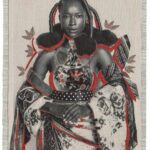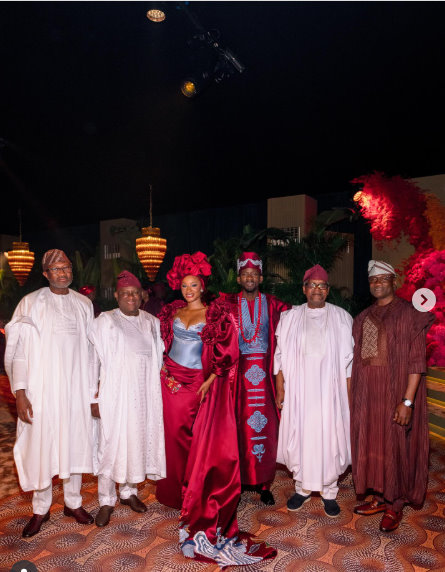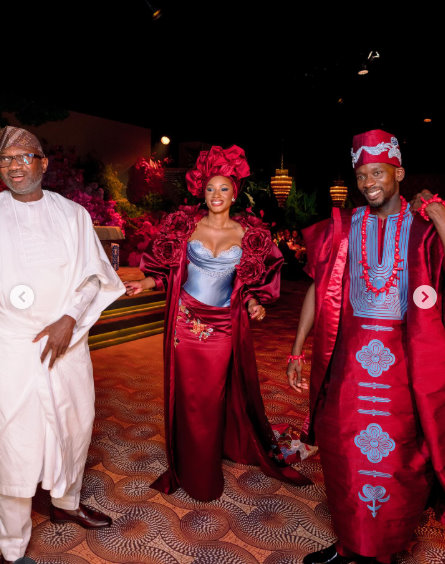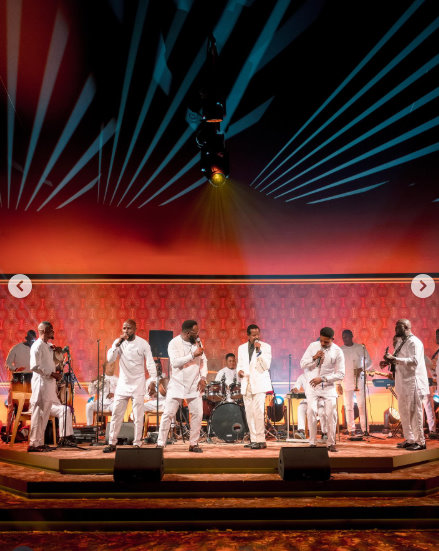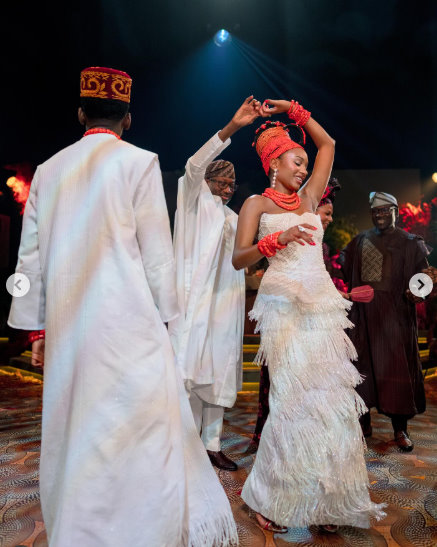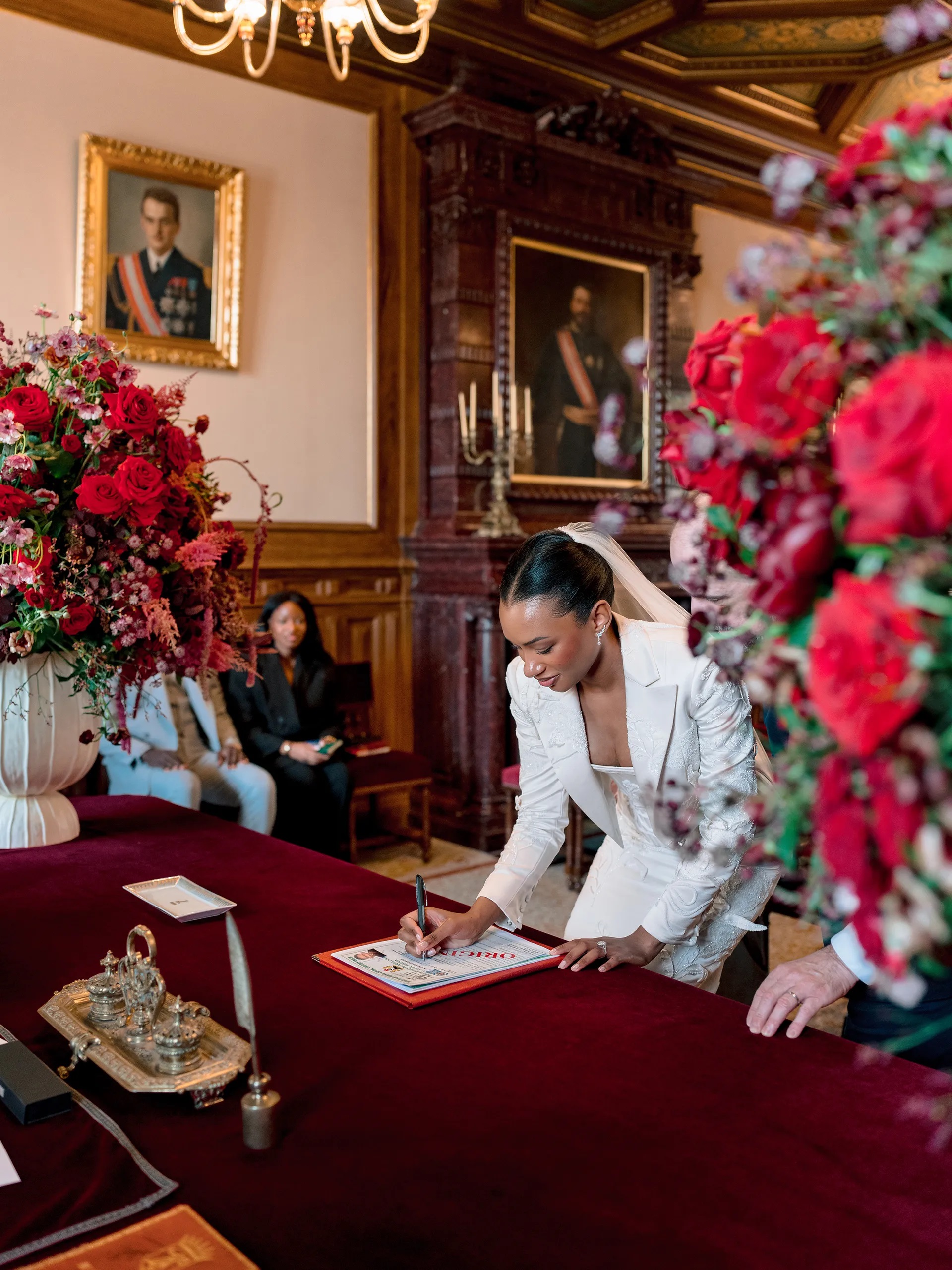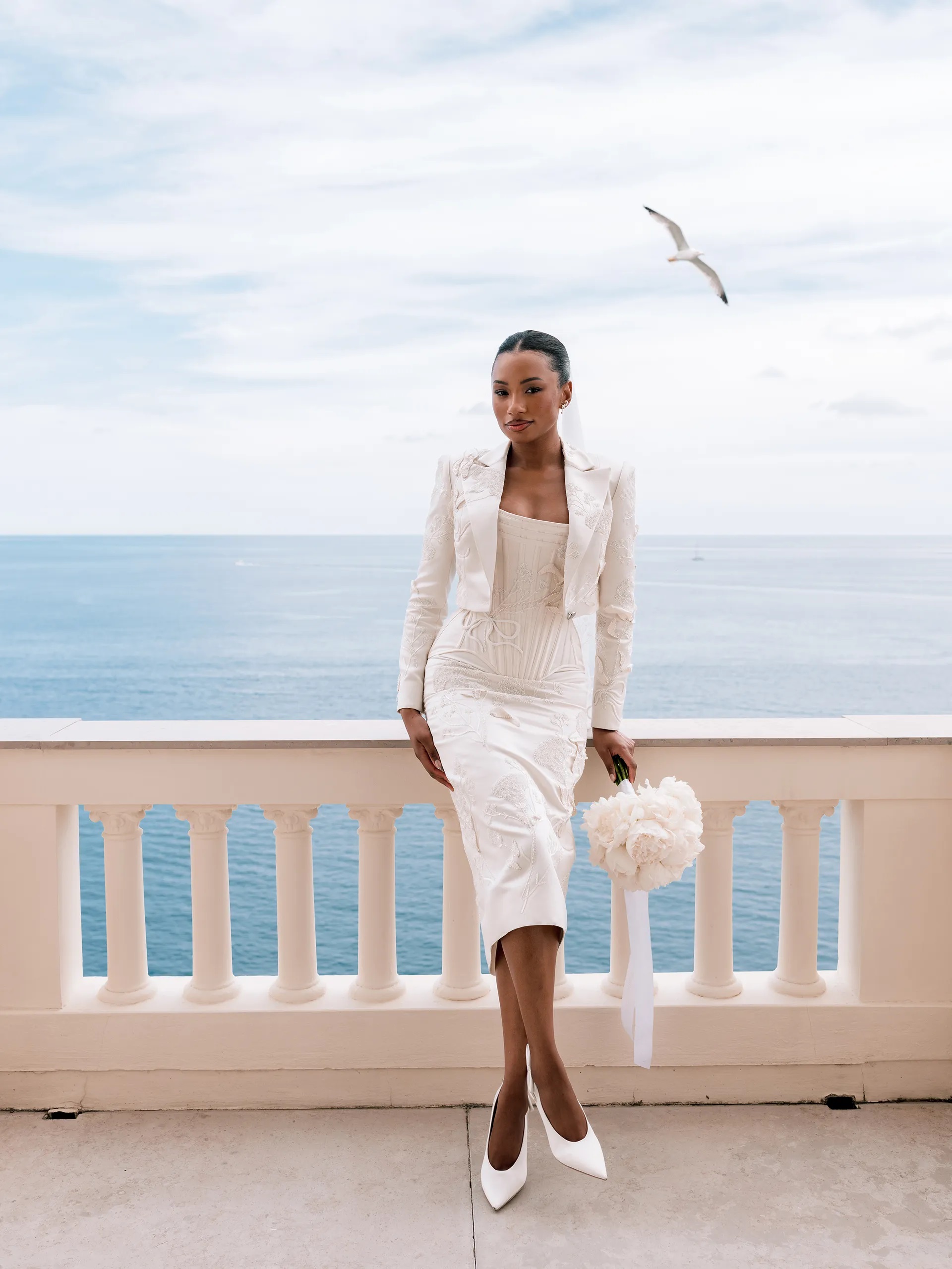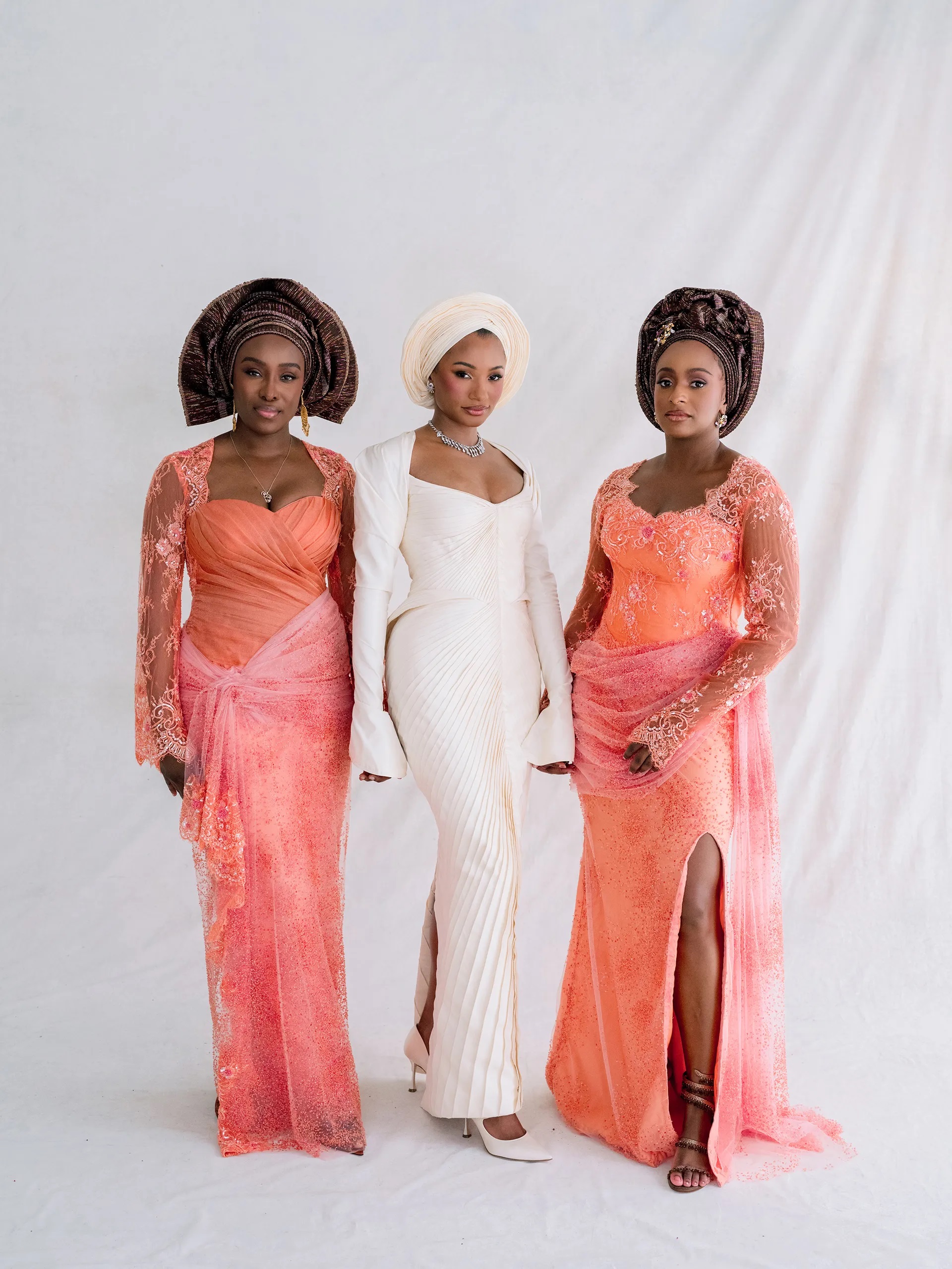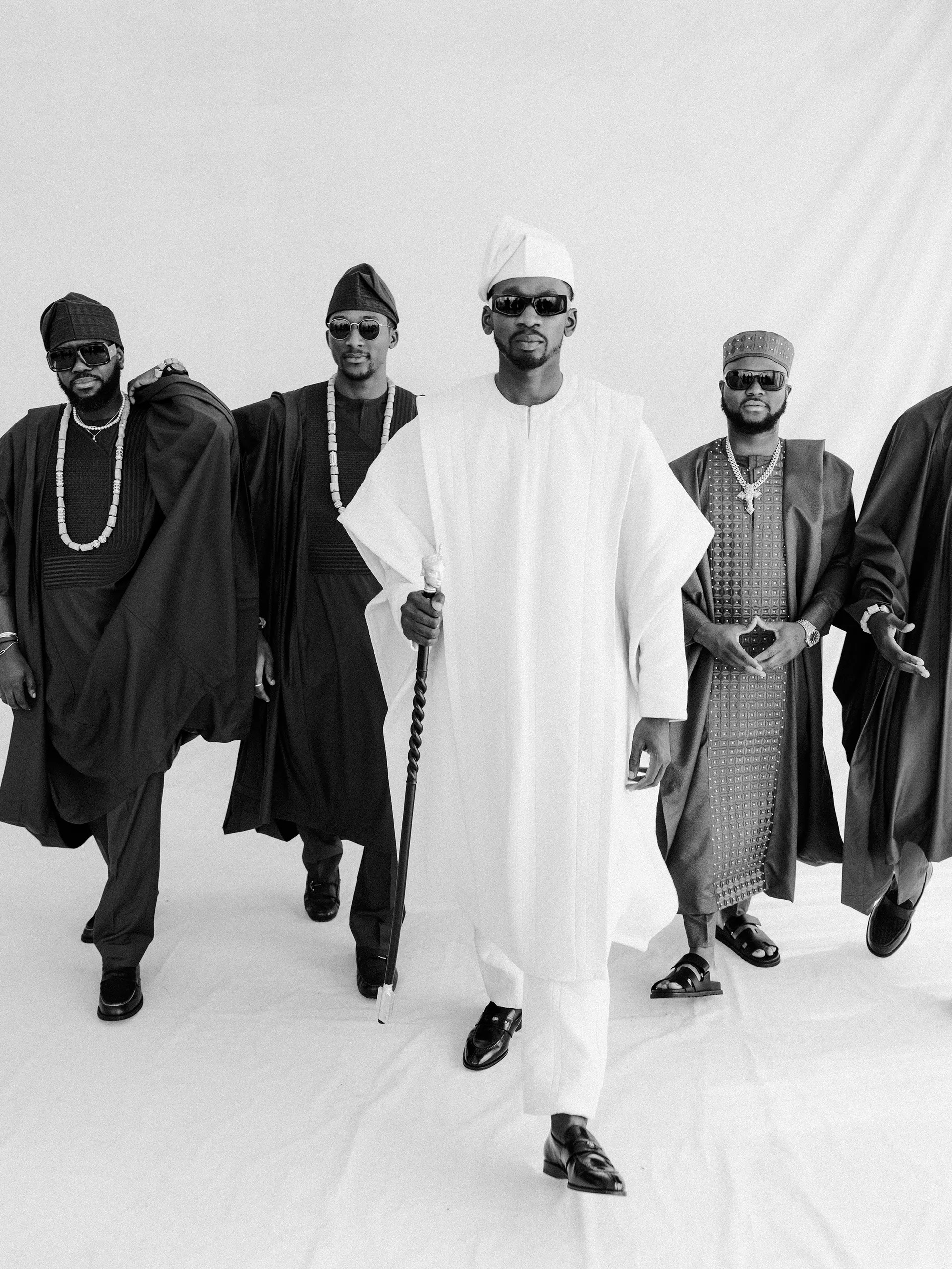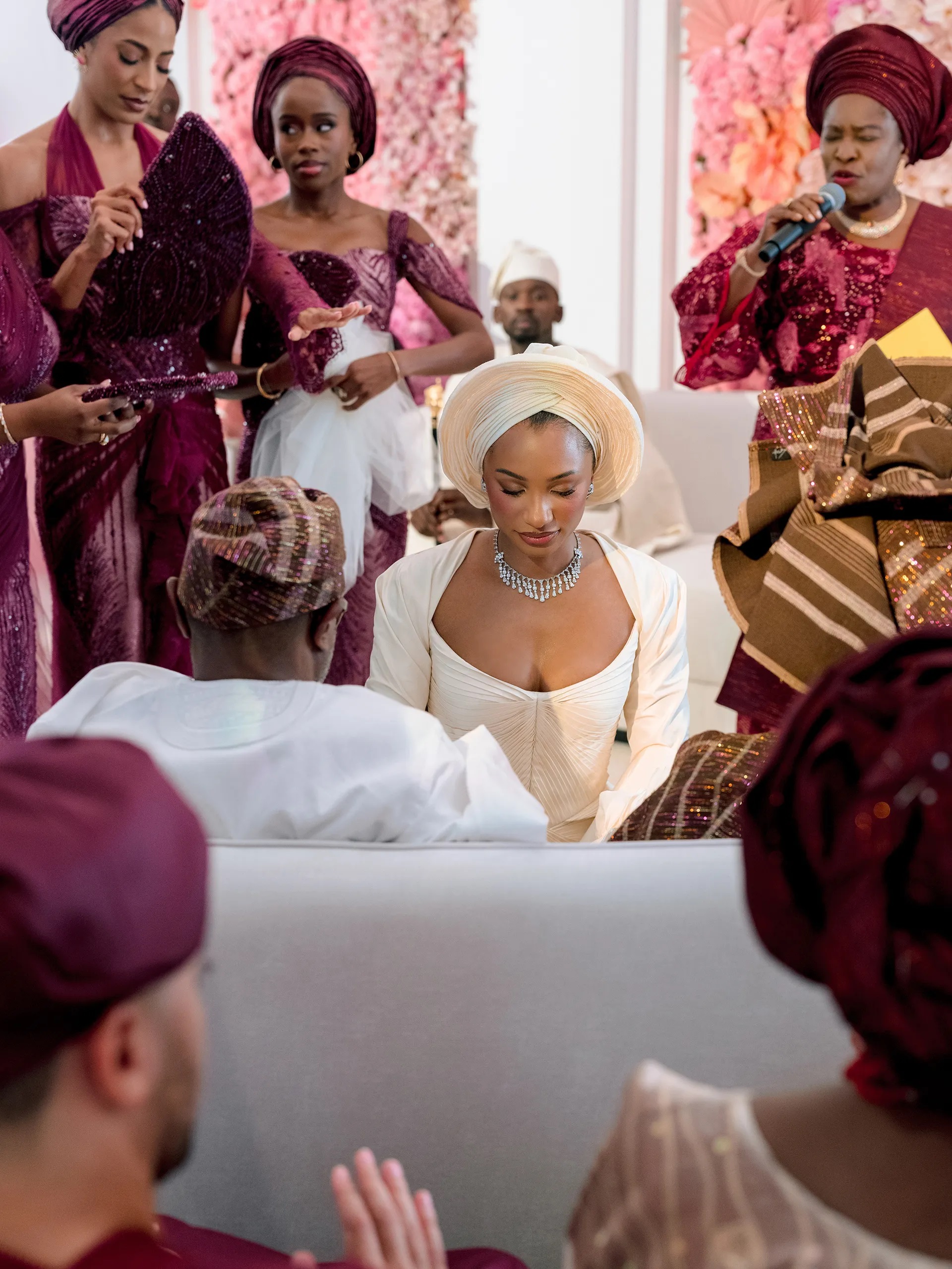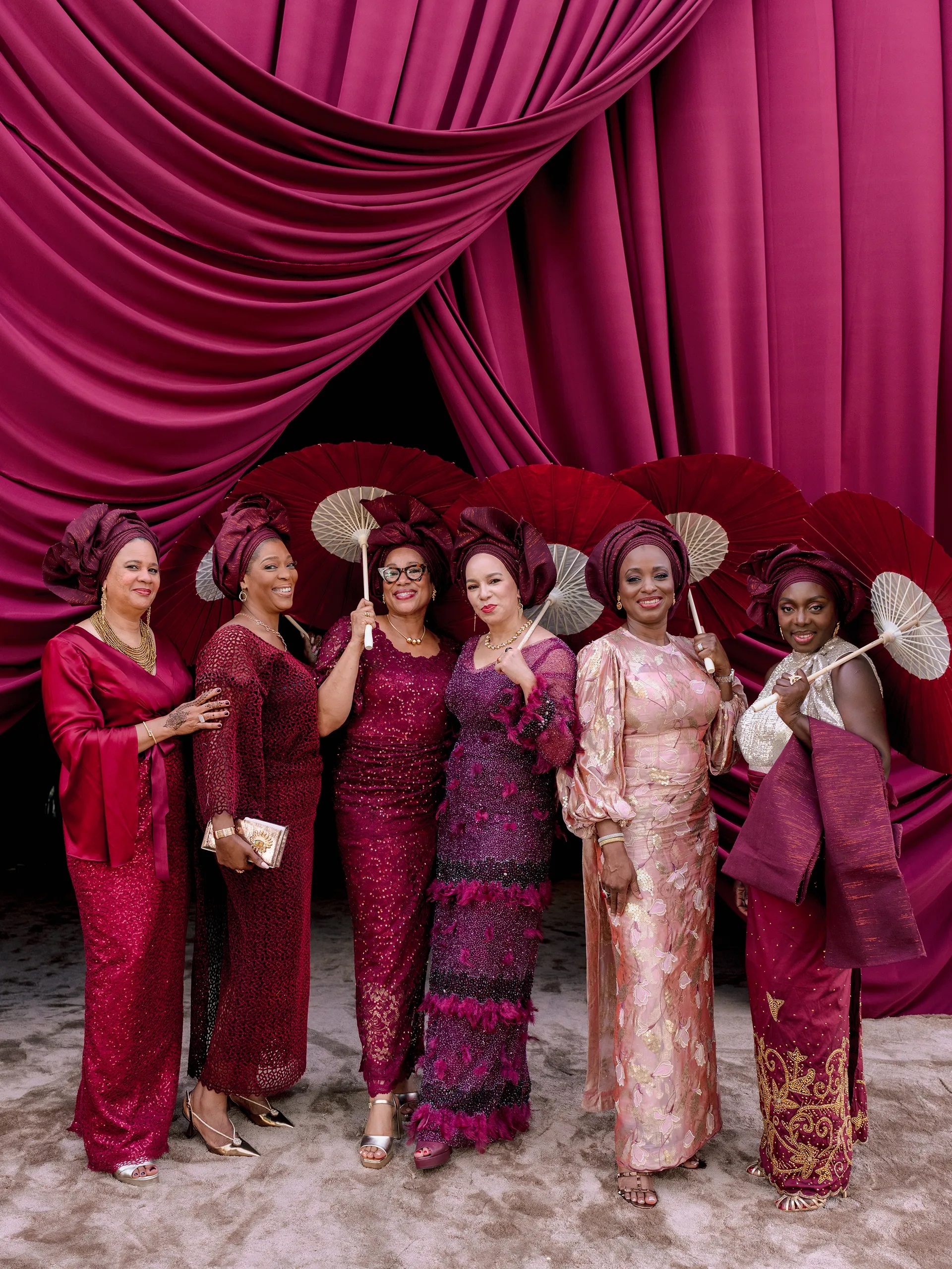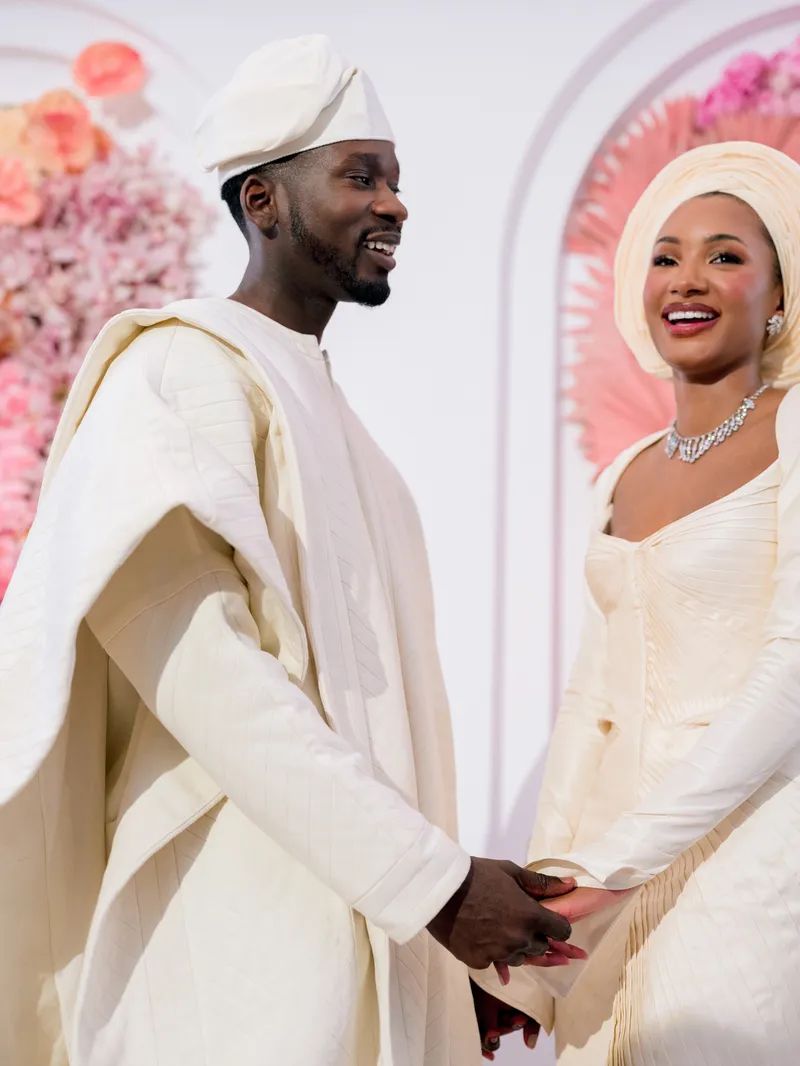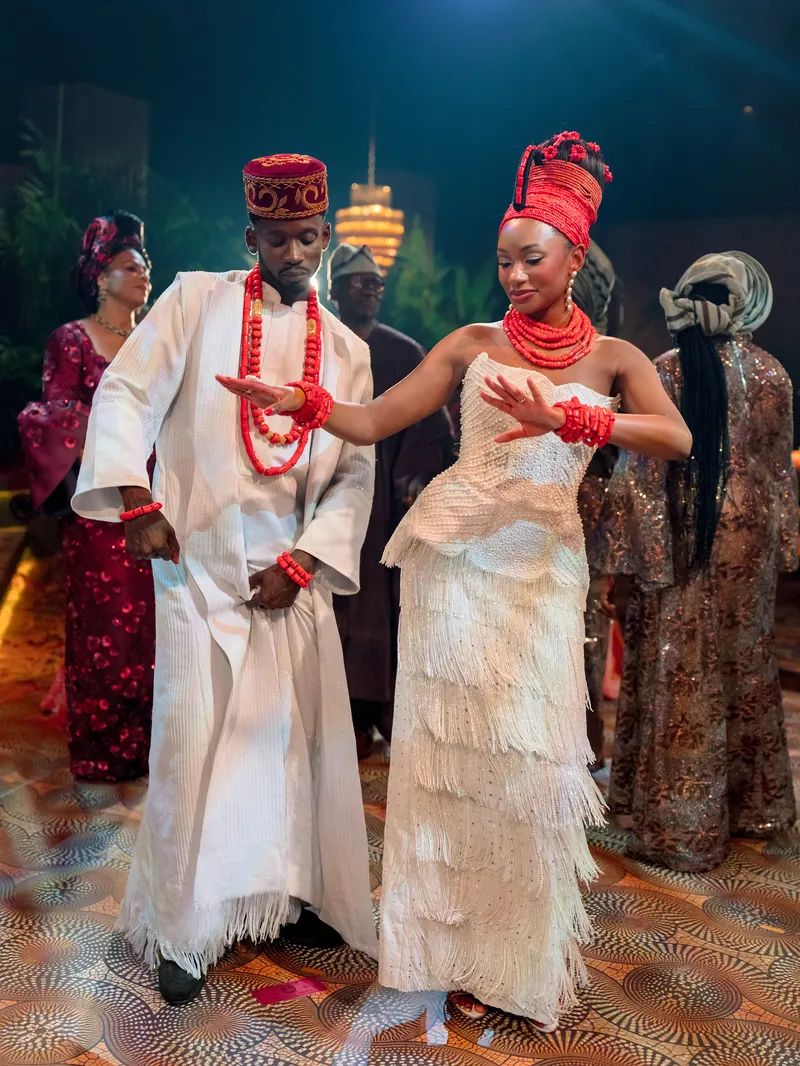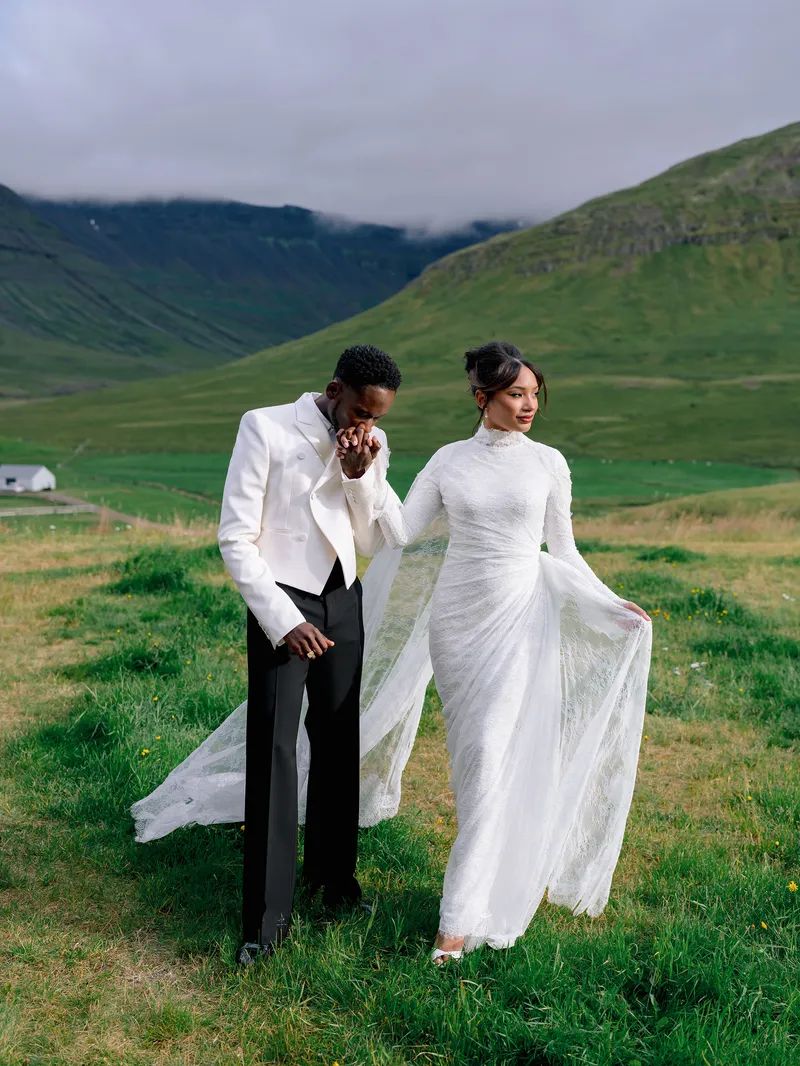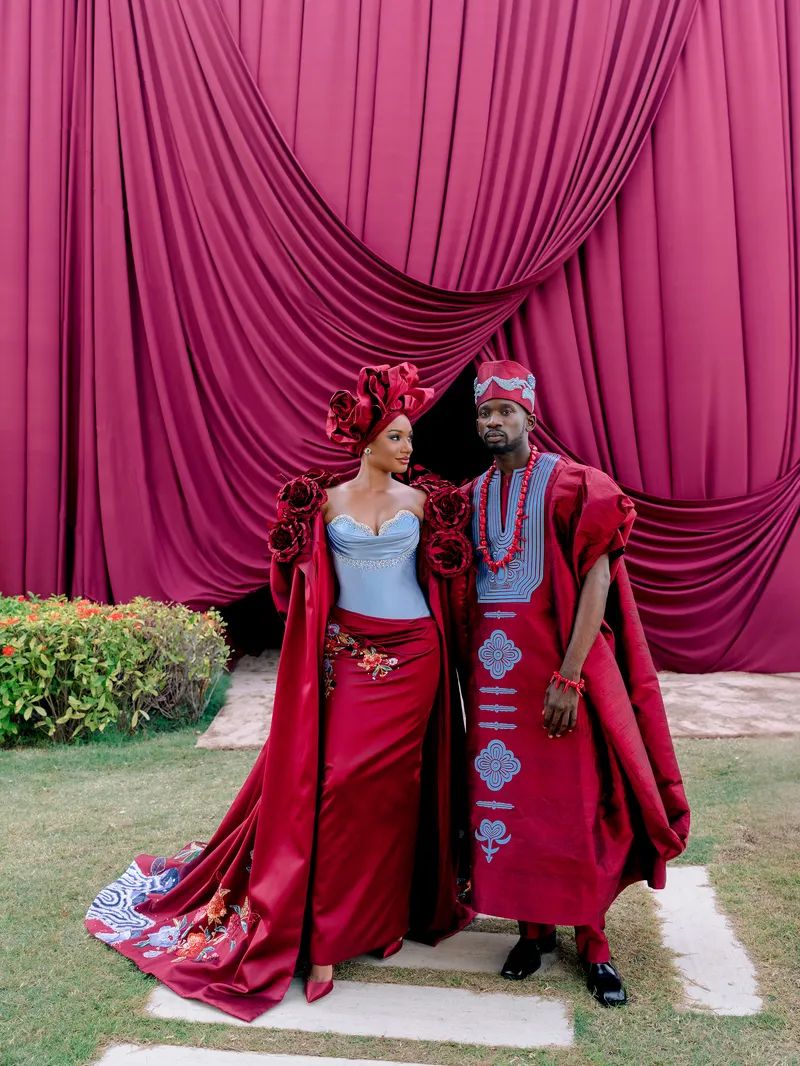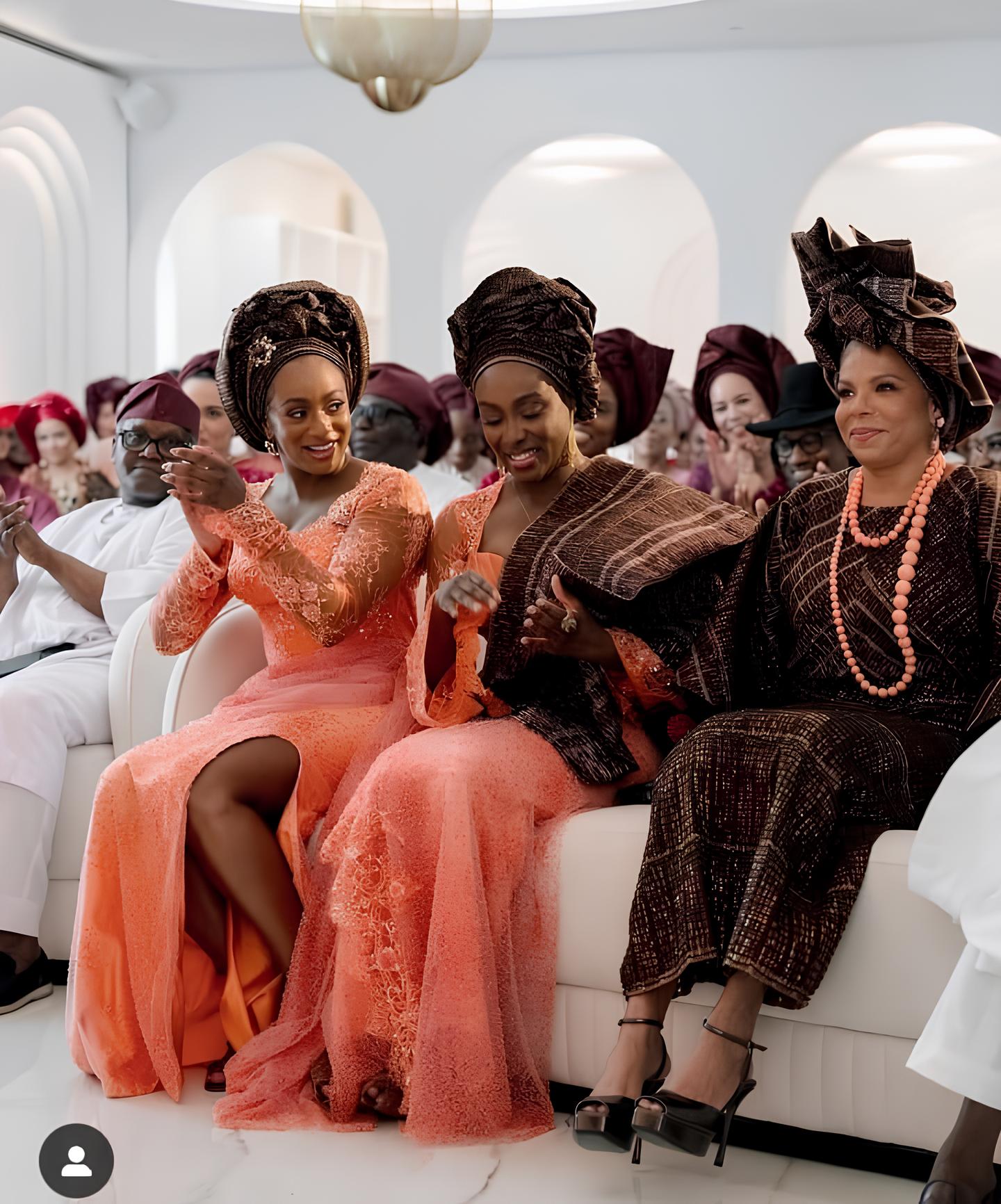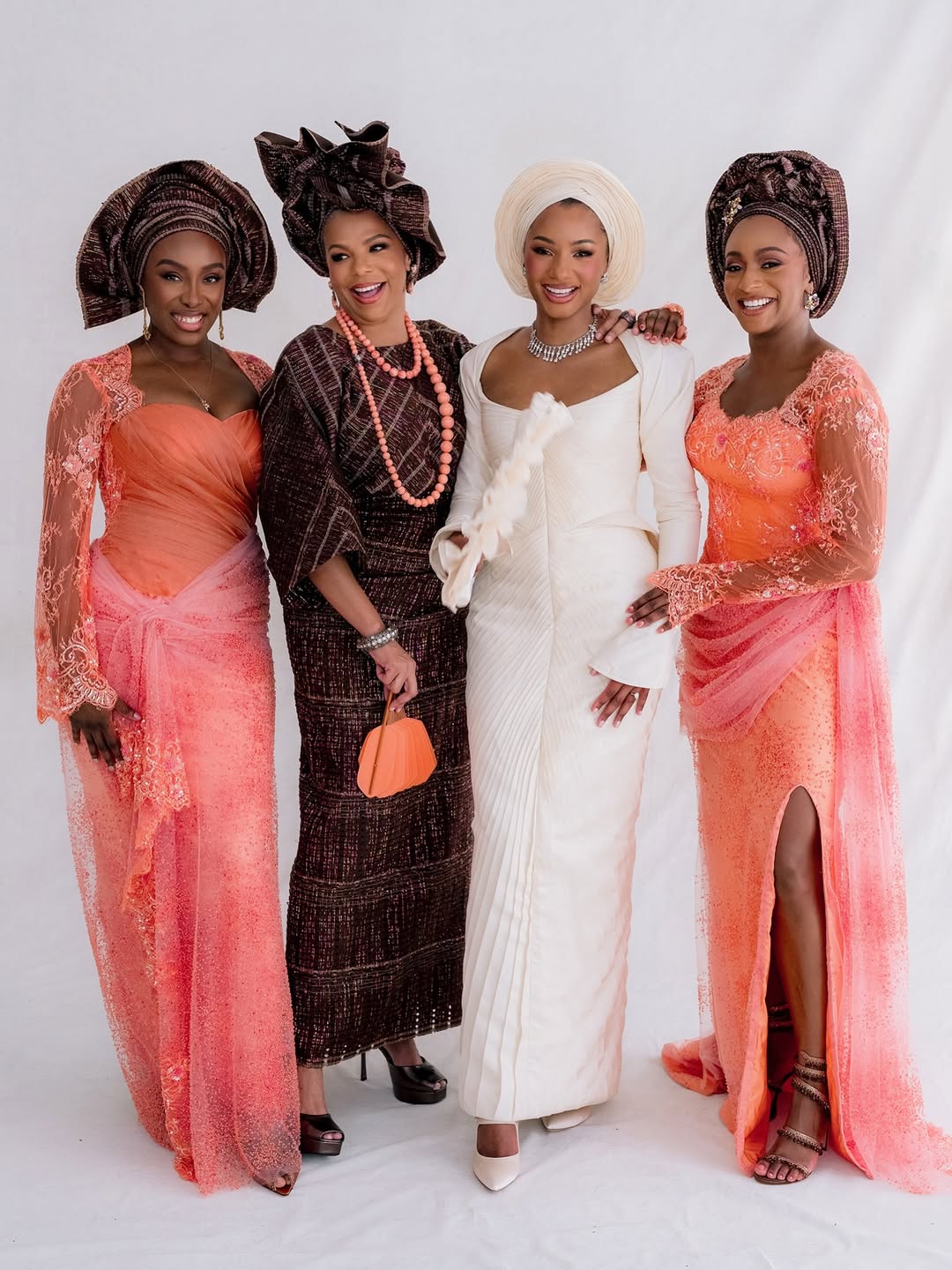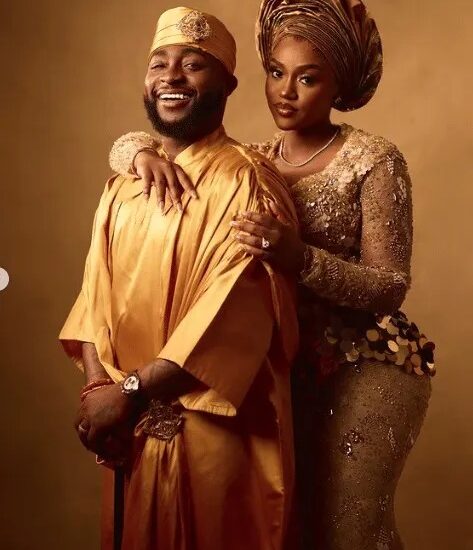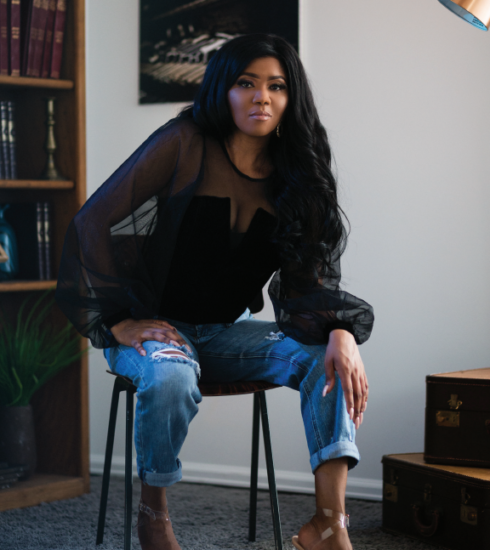Love is Eazi: Mr Eazi &Temi Otedola’s magical wedding: Class, Affluence and Culture on display.
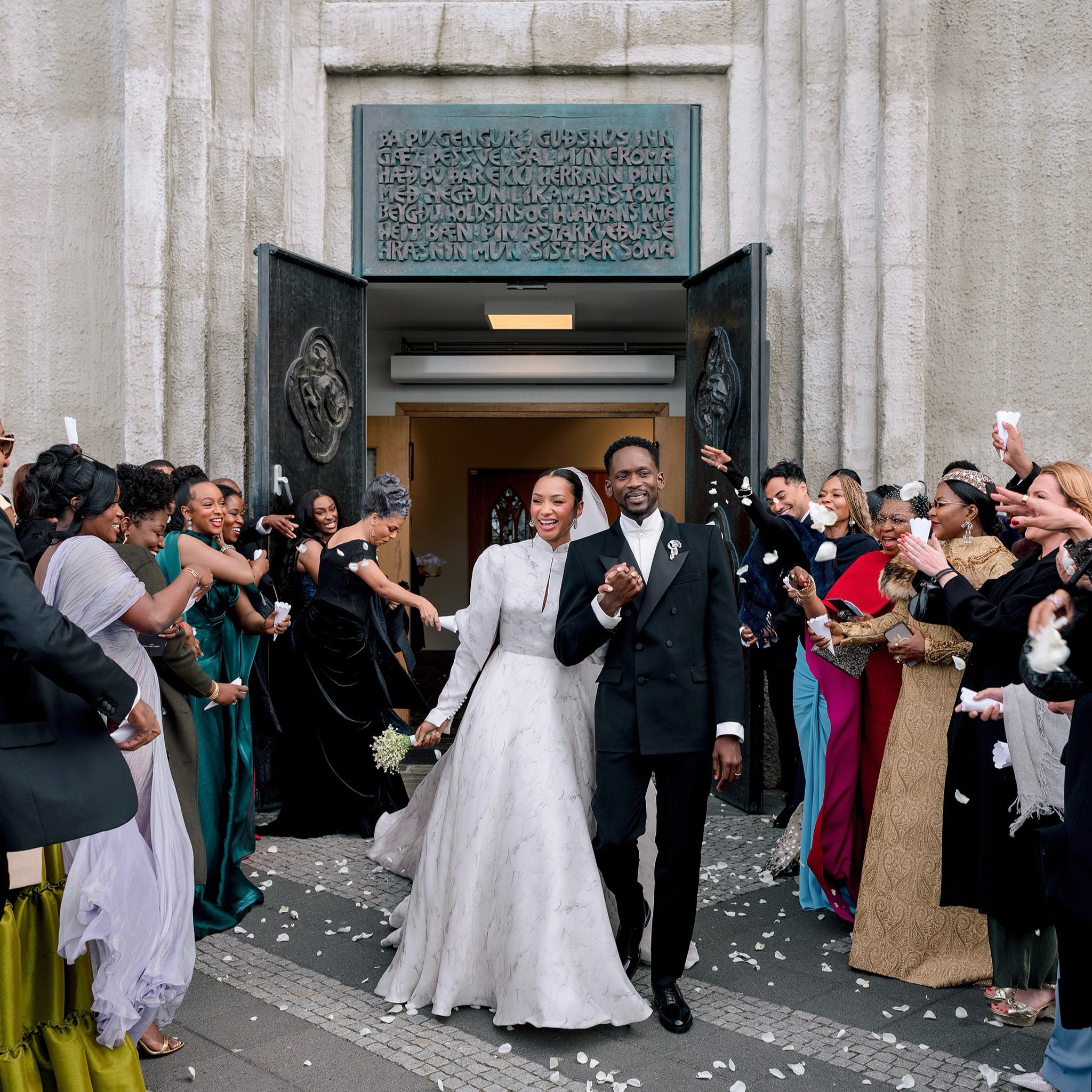
It was a showcase of culture and couture, and a meticulously-curated masterpiece of heritage and high fashion. With an estimated $15m price tag, the wedding (which spanned three nations on two continents) was estimated by Vogue Magazine as being the world’s second most expensive wedding in 2025 – after the nuptials between Amazon founder, Jeff Bezos and Lauren Sanchez (a three-day extravaganza in the Italian city of Venice last June), which reportedly cost between $48m and $56m.
The wedding between the Nigerian model and style icon, Temiloluwa Otedola (daughter of one of Nigeria’s richest men, Femi Otedola) and the Afrobeats singer Oluwatosin Ajibade (known to his fans in Nigeria and beyond as Mr. Eazi) was not just a multi-layered affair, but it also underscored the affluence of the families being joined, and the culmination of a romance that was eight years in the making.
Temi – currently an ambassador for the French luxury brand, L’Oréal, in addition to her work as a style blogger– and Mr Eazi (best known for songs like ‘Surrender’, a duet with Simi, and ‘Legalize’) brought family and friends to the Otedola home in Dubai, in the United Arab Emirates, for a wedding steeped in Yoruba tradition and cutting-edge artistry. “I wanted some of my favorite designers … to create traditional Nigerian attire,” said the bride, “and I was blown away by their interpretations.” The result? An eclectic, upper-class wedding that honoured family history, re-imagined modern Nigerian style and elegance, and interpreted the couple’s shared interests.
Temi and Eazi, who reportedly began dating in 2017, commenced their matrimonial journey in Monte Carlo, Monaco on May 9 (the groom’s late mother’s birthday) with a civil ceremony, followed by a traditional engagement party in Dubai on July 5. The couple topped it up with a church service, a reception and an after-party on August 8 in various locations in Iceland, including the capital, Reykjavik, which the bride describes as “our favorite place on earth.”
The ceremonies – which featured performances by Nigeria’s King Sunny Ade, and the American R&B crooner John Legend, among others – were graced by the crème de la crème of Nigerian society. Africa’s richest man and President of the Dangote Group, Alhaji Aliko Dangote, and Abdulsamad Rabiu of the BUA Group, led friends to the events in the UAE and Iceland to felicitate with the Otedolas – Femi, his wife, Nana, and their families.
Indeed, family and culture were the watchwords for the entire series of events. From the tasteful curation of events, to the culinary delights and music on offer, to the costumes of the bride and her groom, to the guests’ dress codes, and to the interior and exterior ambiences for each event, the wedding demonstrated a keen understanding of the importance of family, and of holding onto the most sublime of our time-honored values in a world of shifting moral and ethical standards, inspired by Western culture. “We both were in the headspace of it being a day to celebrate our families and culture…” said Temi. “Sitting with my parents for what is symbolically the last time before they send me to my new family particularly hit home for me.” Describing Mr. Eazi and herself as an unconventional duo, Temi expressed satisfaction that their multiple wedding “honoured our rich culture but still made sure everything felt like us.”
A particularly poignant part of the ceremonies was the cultural tribute to the groom’s mother, Mrs. Ifeoma Ajibade, who passed on in early 2025. Originally from the Igbo-speaking part of Delta State, she was said to have specified exactly how she wanted her cultural heritage celebrated at the wedding – which, sadly, she was not destined to witness. The coupled dressed for the better part of their traditional rites in Igbo-themed outfits in her honour.
This emphasis on family and culture was driven further home by the father of the bride in his admonition to the couple during the reception. Praising the couple’s love and entrepreneurial spirit, Otedola began by describing their union as ‘made in heaven.’ Describing his new son-in-law as ‘a great and blessed guy … from a very decent family,’ he advised the couple to prioritize their union above all else, and keep their disagreements private.
He then went on to give Temi some old-school advice: You have to succumb to the whims … of your husband. He’s your … boss, okay? There’s no more Dad; don’t call me up.”
In the days following the nuptials, it was clear that Temi had taken her father’s admonition to heart; she immediately signed off her social media entries as Mrs. Ajibade – a symbolic but nonetheless powerful acknowledgement of her husband’s supremacy in the relationship.
Not surprisingly, however, Temi’s adoption of her husband’s surname has ignited a debate in feminist circles in Nigeria and elsewhere – i.e. the propriety or otherwise of women adopting their husband’s surnames, especially if they already bore a famous or otherwise renowned last name prior to marriage – either through family, like the former Ms. Otedola, or based on their own success. For some, it is a negation of feminism’s chief goal, i.e. gender equality and the notion of a woman as an equal partner, rather than an appendage to her husband’s persona.
Temi’s action, however, speaks volumes; it tempers Western-inspired notions of gender equality with the traditional notion of a wife as the subordinate – but by no means subservient – partner in marriage, whatever her background.
For a family as affluent as the Otedolas, and a couple as cosmopolitan as Temi and Eazi, this is a telling reminder, especially to their less-privileged compatriots and generational peers, that not all Western-inspired ideas are to be preferred to the dictates of our time-honored African mores, and that ‘civilization’ is not to be seen only through the narrow prism of Westernization.

